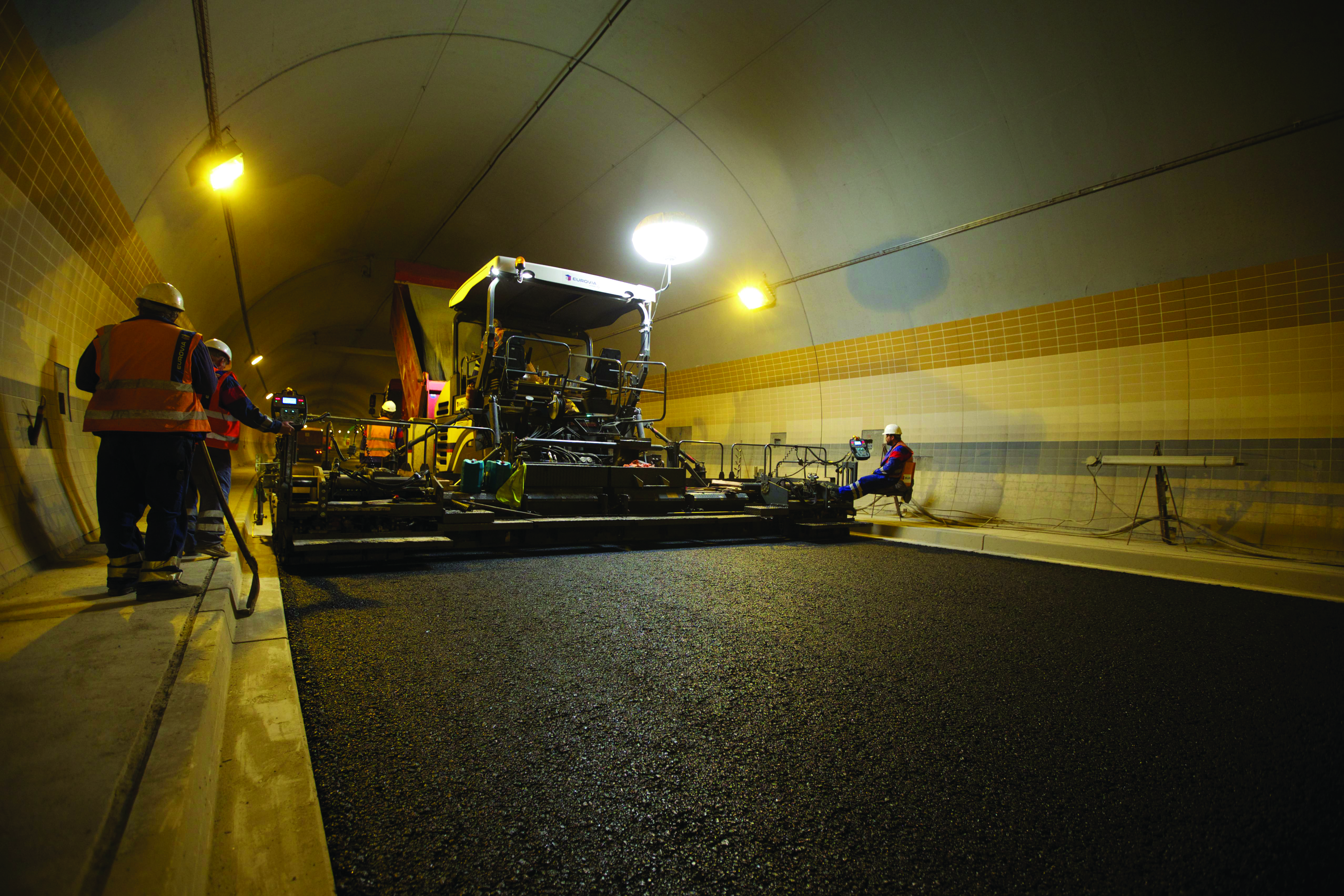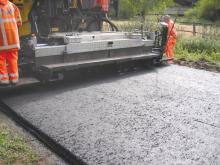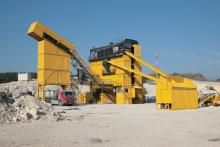
Long-term growth in asphalt demand will be primarily driven by the continuously expanding highways across the world, needed to accommodate the massively growing automobile population.
A new report, Asphalt: A Global Strategic Business Report, produced by Global Industry Analysts (GIA), points out that key innovations that are poised to benefit the market through to 2020 include noise-reducing hot-mix asphalt for lowering traffic noise, and the introduction of green technologies for eco-friendly production of asphalt mixtures.
Already many new mixes are being developed or trialled, and this is set to increase as equipment manufacturers and producers look for cheaper, more efficient methods of making asphalt.
Growing popularity of perpetual pavements designed to last for over 50 years in comparison with the 20-year lifespan of conventional pavements, will spur consumption of asphalt in the construction of smart roads of the future, the GIA report claims.
Widespread increase in public construction activity and resurgence in infrastructure spends, particularly airports, rail terminals, and parking areas, are also expected to significantly benefit market opportunities in the coming years.
Asia-Pacific is said in the GIA report to represent the largest as well as the fastest-growing asphalt market worldwide with a CAGR (Compound Annual Growth Rate) of 8% over the analysis period (2013-2020).
Burgeoning population, increased urbanisation, the robust pace of industrialisation and the subsequent need for housing, paving, as well as transportation, among other infrastructures, are said to represent factors promoting demand growth in the region.
Paving products accounted for about four-fifths of global asphalt demand in 2012, and it is here that much of the development is carried out.
For example, the Czech Republic’s first ever use of Evotherm warm mix asphalt (WMA) technology is at the 6km long Blanka Tunnel in the capital Prague.
The Czech arm of
“The main driver to use Evotherm on such a prestigious project was the lack of fumes and emissions in such a confined place which is important for the comfort of the workers,” says Claude Giorgi, technical marketing and service manager, asphalt innovations for MWVG Europe.
Evotherm 3G sees chemicals added to the bitumen to give the necessary workability, but at lower temperatures.
In Prague, 0.5% of Evotherm was added, allowing a manufacturing temperature of around 145°C and a laying down temperature between 130-135°C, 30° less than would have been required for hot-mix asphalt (HMA).
MWV measured gas consumption at the plant where the mixes were manufactured and calculated that 25% less was required for the WMA compared to HMA.
Another development sees a new porous self-healing asphalt made of simple materials currently being tested in the Netherlands.
Erik Schlangen, a civil engineer and pioneer of experimental micromechanics, has pioneered the material which he and his team are testing on the A58 road near Vlissingen. It is hoped that the self-healing asphalt can be used in future roads elsewhere.
This special asphalt is made with tiny steel wool fibres, which, when heated with induction, extends the life of the material. With the introduction of small steel wool fibres, self-healing asphalt is said by Schlangen to be capable of repairing micro-cracks and significantly extending the service life of roadways.
In the US, which recycles more asphalt than any other country, Biorefiner Arizona Chemical has spent three years developing a new asphalt additive which it says will “revolutionise” the use of reclaimed asphalt pavements (RAP) in road pavements. It is claimed that Sylvaroad RT1000 will allow much higher proportions of RAP to be used and produce a better-performing pavement, according to the manufacturer.
“What it essentially does is mobilise the chemical matrix of these aged binders. It restores the properties of the aged binder in RAP so that it behaves like new,” says Raquel Silverberg, the company’s business unit director for roads and construction.
Where typically contractors are using 20 to 25% RAP, Sylvaroad RT1000 allows 40%, 50% or higher to be used, according to Silverberg.
Produced from 90% refined biorenewable materials, Sylvaroad RT1000 is a derivative of tall oil which comes from pine trees. Less than 1% dosage is required to restore an aged binder’s properties, according to Arizona Chemical.








